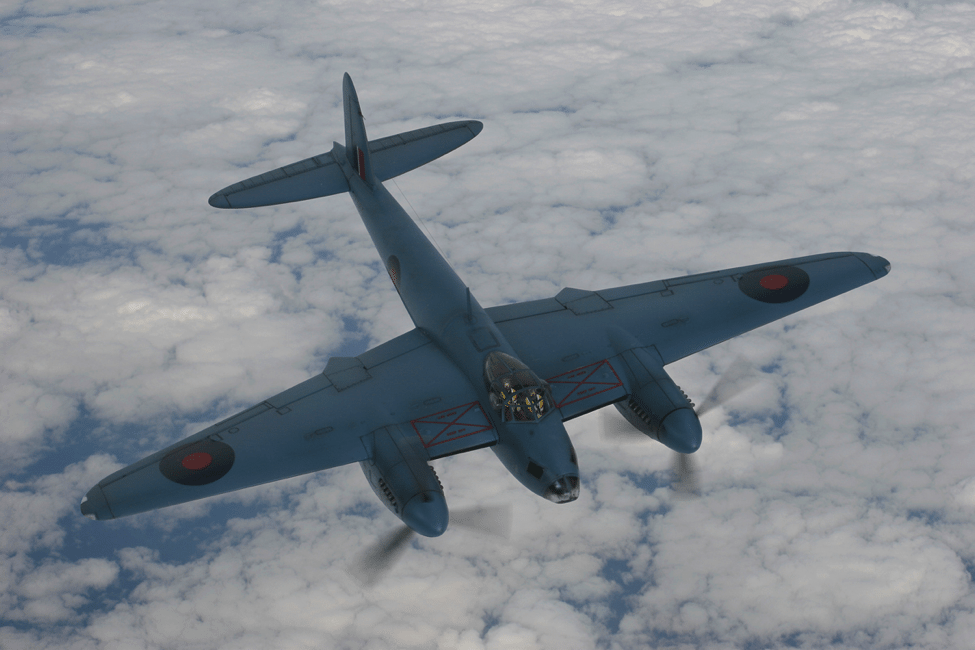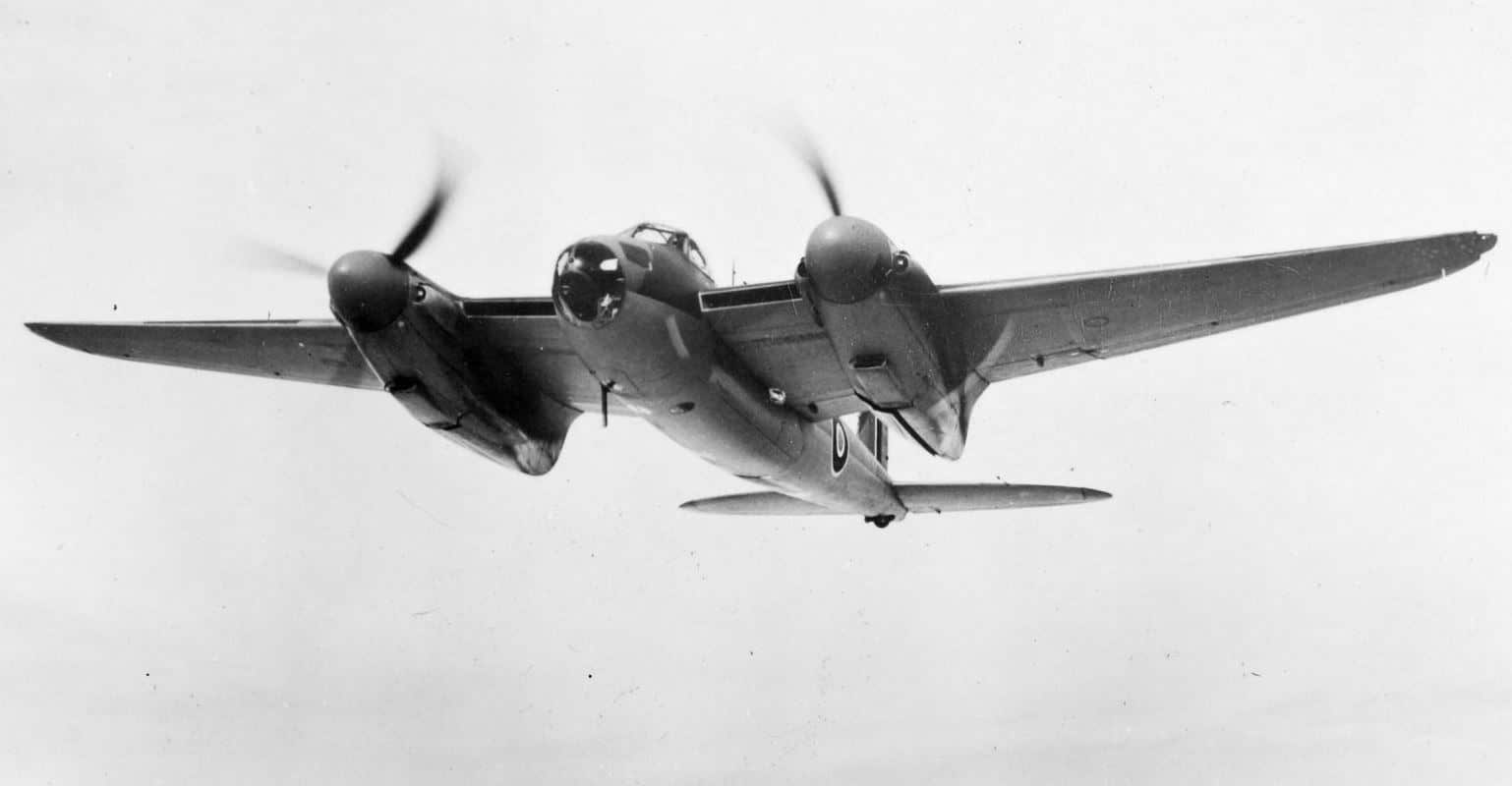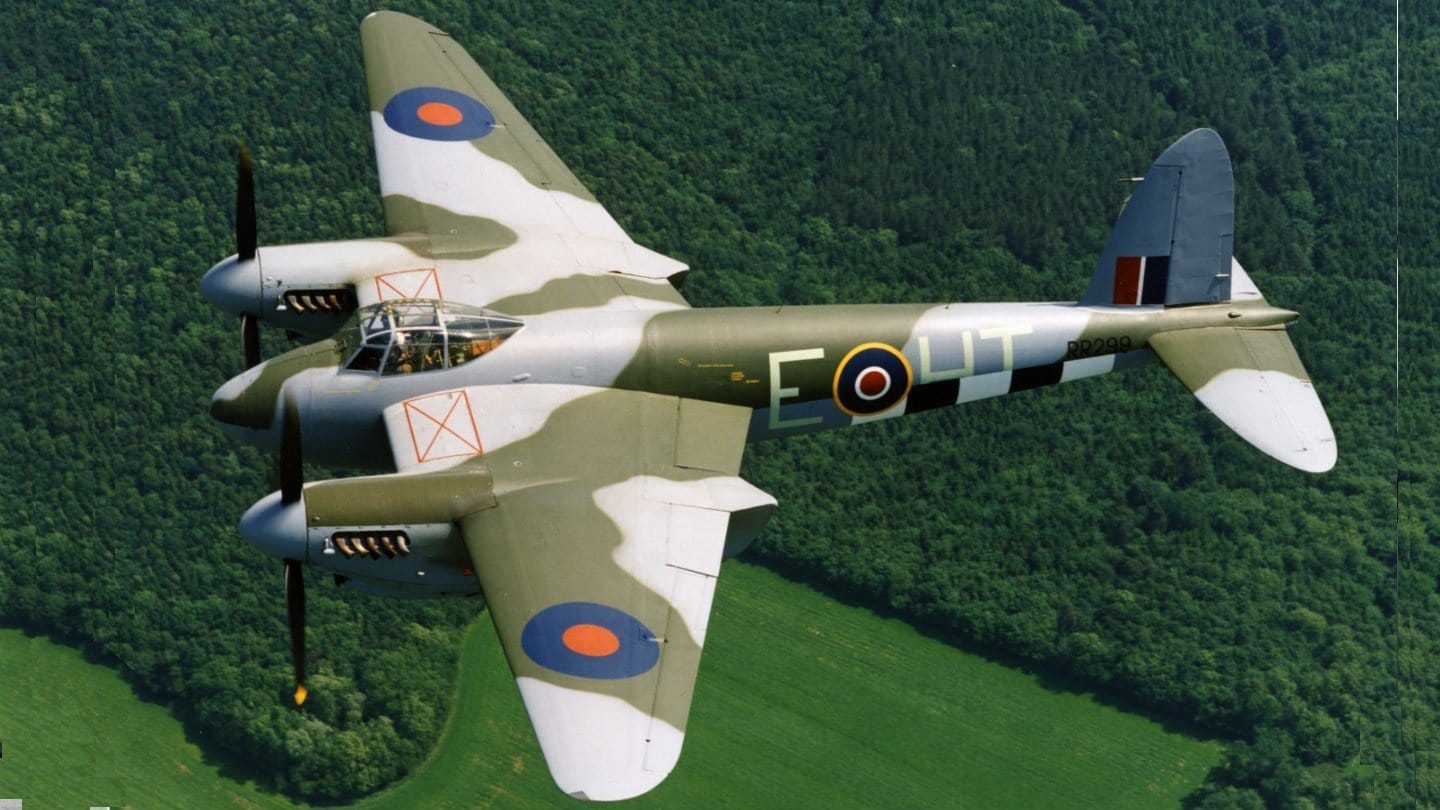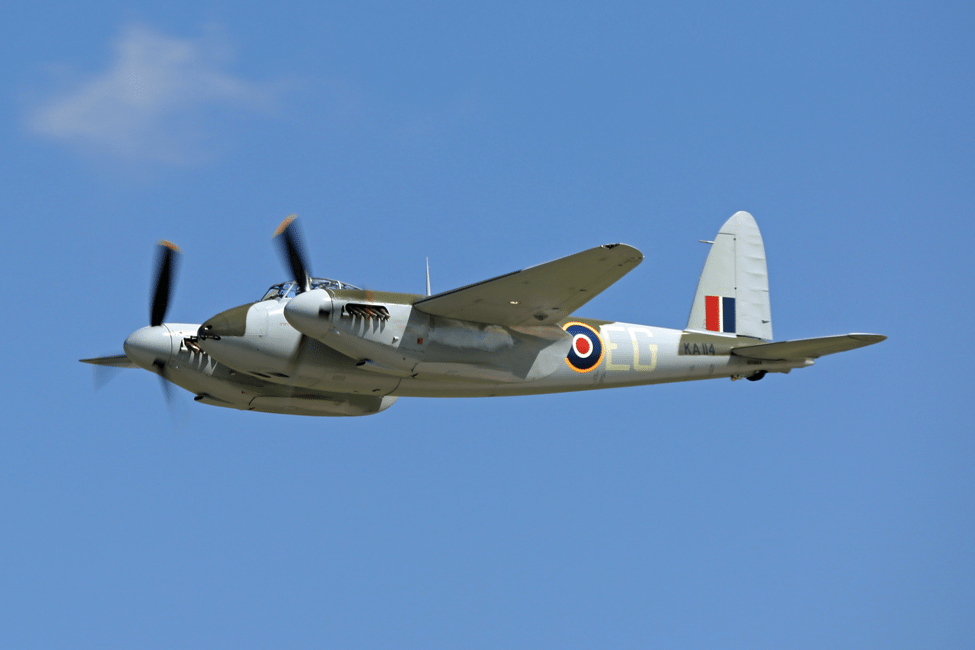It Was a Controversial Raid with Mixed Results, But the Concept of Precision Attack was Ahead of its Time.
On 18 February 1944, the Royal Air Force sent nine de Havilland Mosquitos and a dozen escorting Hawker Typhoons to attack Amiens Prison in German-occupied northern France. Dubbed Operation Jericho, the attack was carried out with uncommon daring and rare precision. The objective of the raid was to free French Resistance and political prisoners being held in the prison.

The Mosquito bombers succeeded in breaching the walls and buildings of the prison, as well as destroying a barracks housing guards. Out of the prisoners held in the prison, 102 were killed, 74 were wounded, and 258 escaped. The escapees included 79 free French Resistance and political prisoners. Eventually, roughly two-thirds of the escapees were recaptured.

By mid-1943, many members of the French resistance movement in the Amiens area had been caught by the Germans and imprisoned in Amiens Prison. Collaborators had betrayed some, and the entire movement in the area was at risk. By December 1943, 12 members of the resistance had been executed at the prison, and intelligence determined that more than 100 other prisoners were to be shot on 19 February 1944. French resistance fighter Dominique Penchard began sending information about the prison to London, including details of the layout, defenses, and guard duty rosters.

When two Allied intelligence officers were captured and sent to Amiens prison, a precision air attack on the prison was requested, and the mission was allocated to the 2nd Tactical Air Force. The prison was located adjacent to a long, straight road and surrounded by high walls. The guards ate in a building adjacent to, but distinctly separate from, the main prison building. It was determined that the most effective time to attack would be lunchtime to eliminate as many of the guards as possible.

The rest of the ordnance to be dropped had to be allocated so that when it hit the main prison walls, it would breach them, and the cell doors would spring open without destroying the building. It would not be enough to simply destroy the guards’ mess hall. The outer walls would have to be breached in order to allow any of the prisoners to escape. With approximately 700 inmates in the prison, loss of life would be inevitable. However, it was thought that many of the prisoners had already been condemned to death, and the raid would provide at least some chance for escape.

